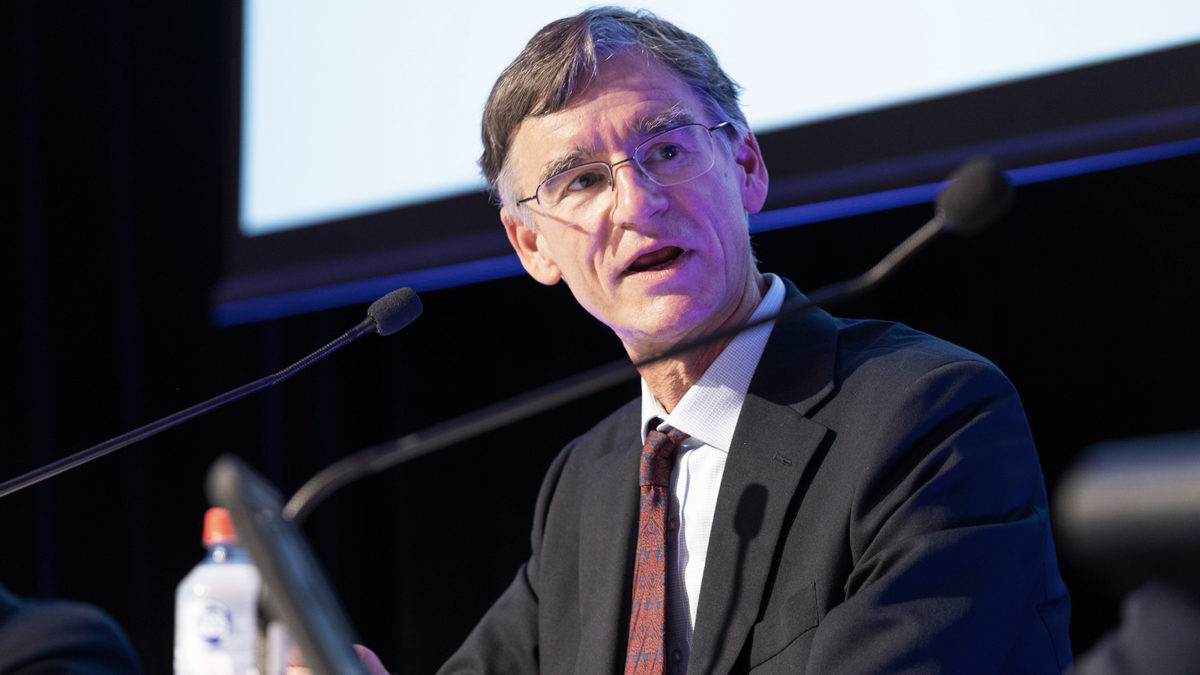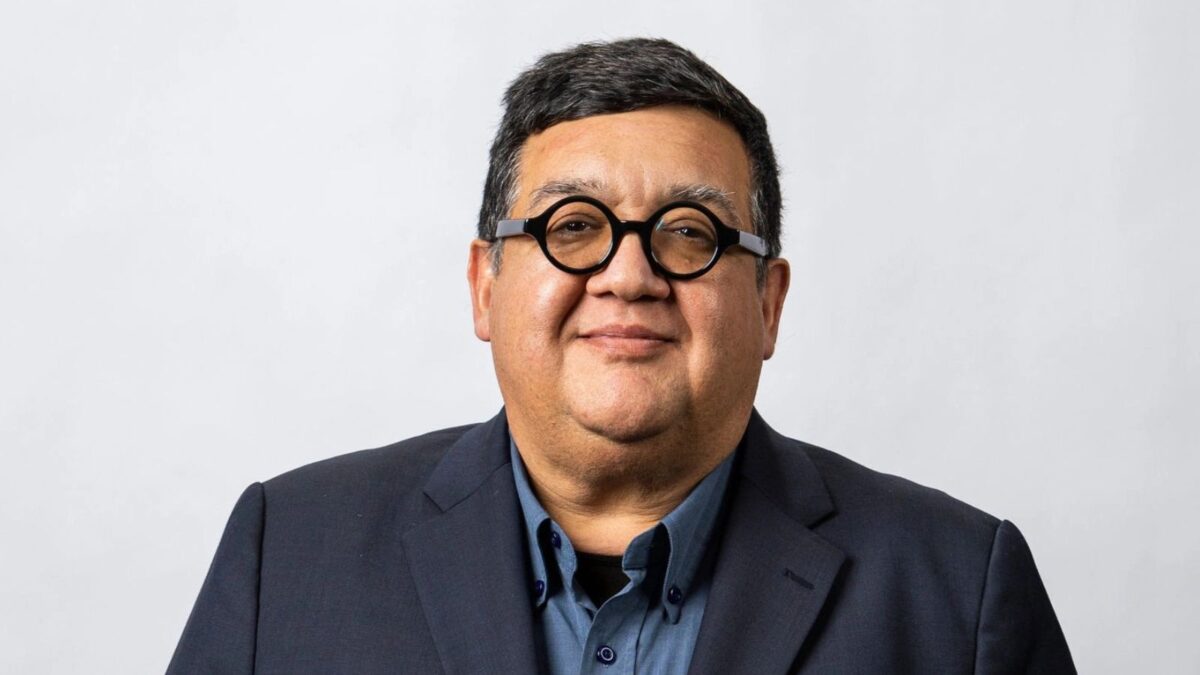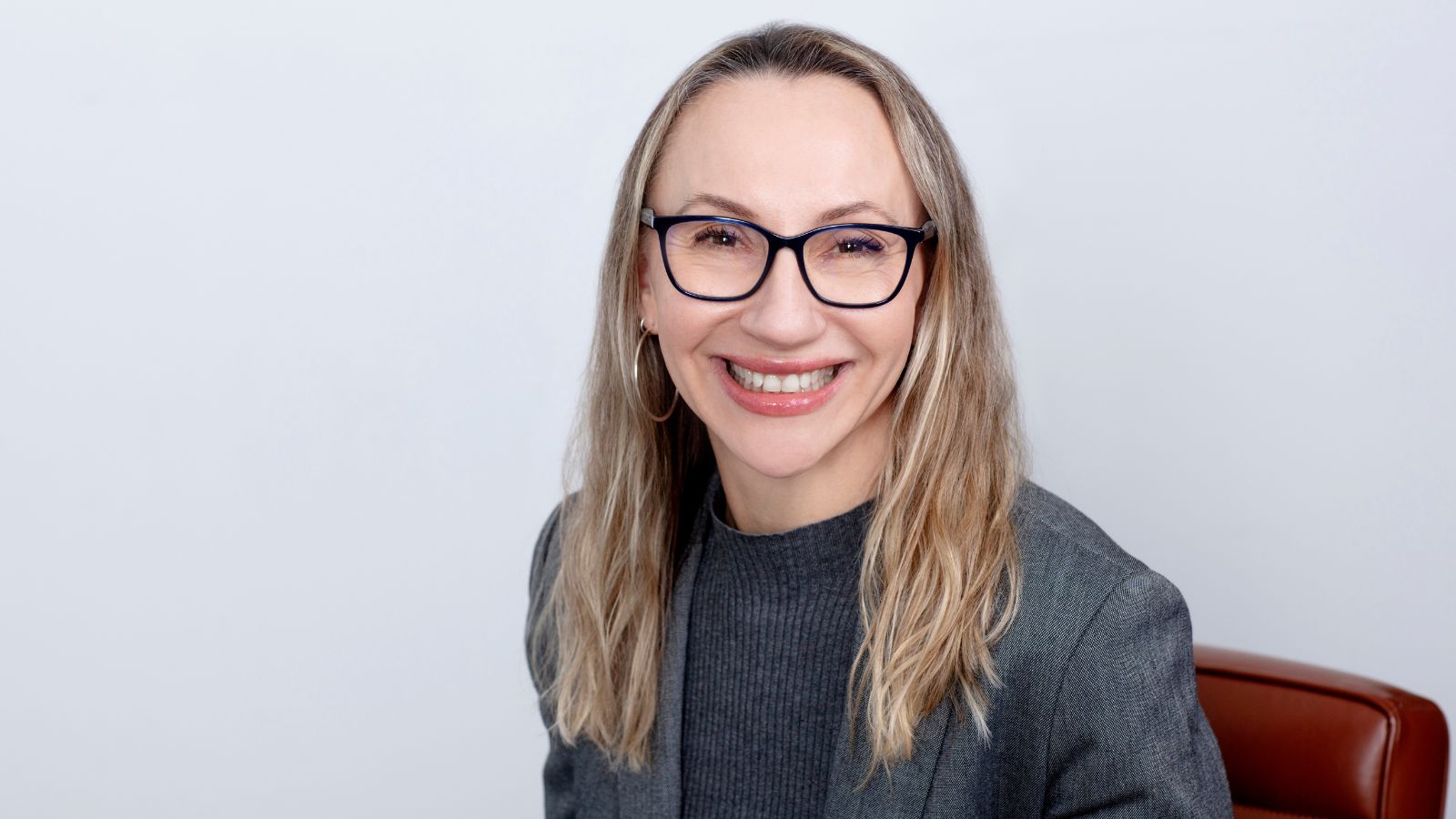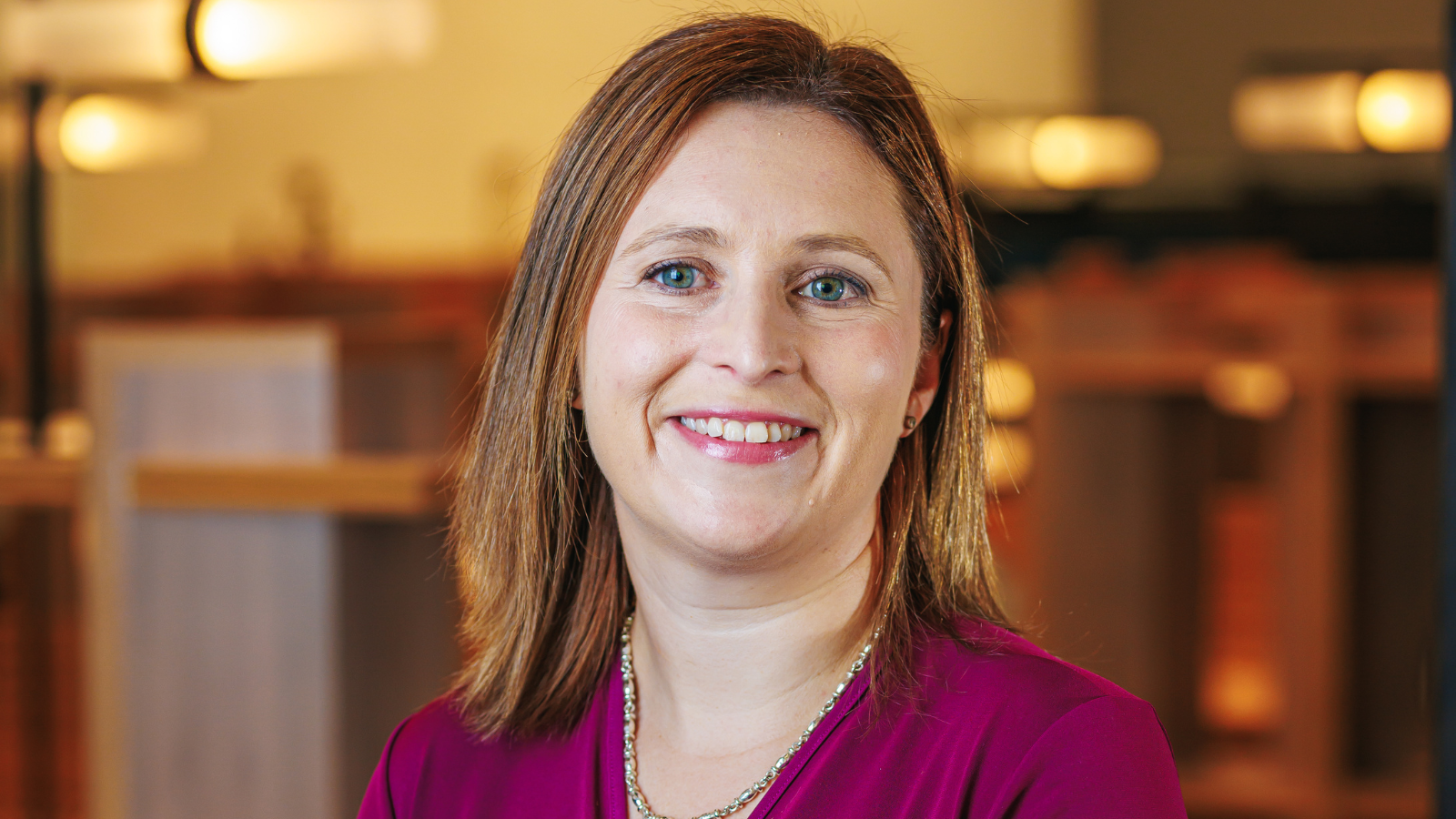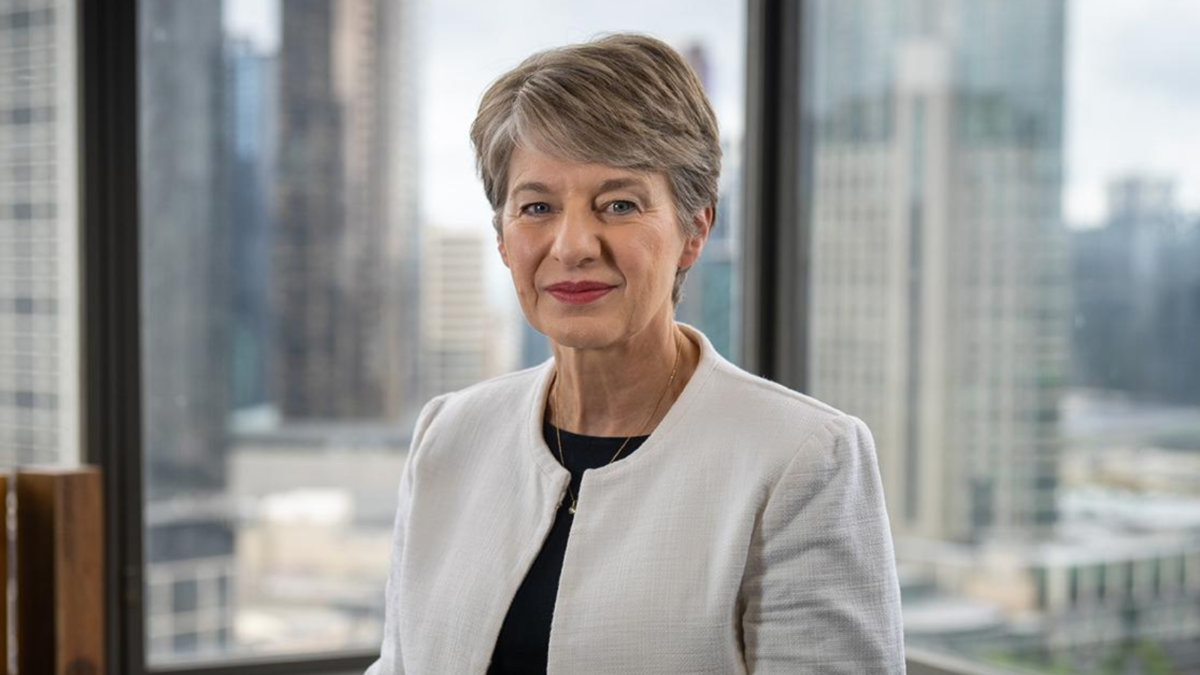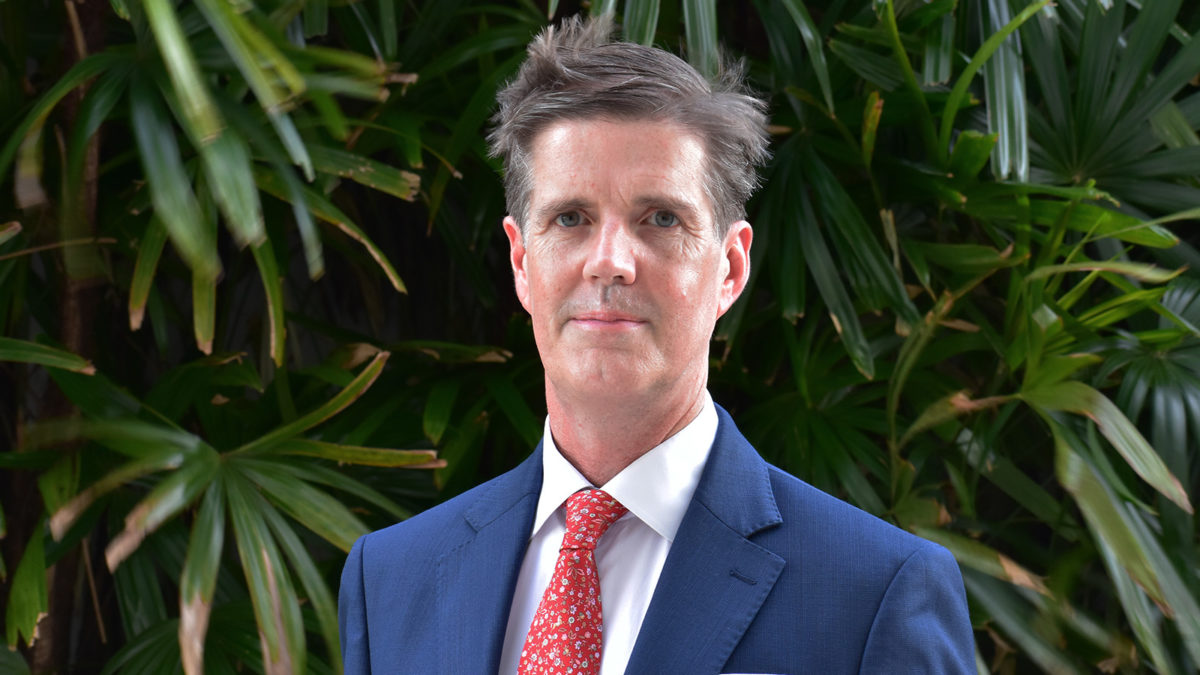‘An assumption everybody should question’: Sam Sicilia’s $200 billion hypotheticals
Right now, a good chunk of Hostplus CIO Sam Sicilia’s time is being used to answer a hypothetical question: will the things that got the fund to $115 billion FUM get it to $200 billion?
While it might be easier to answer that question with operational and business reviews – and that’s certainly part of it – it also requires questioning the assumptions that underpin how (and why) the superannuation system functions the way it does.
“It’s an assumption so obvious everybody should question it: the existence of the Superannuation Guarantee, and the mandatory nature of super,” Sicilia tells ISN in the lead-up to the Asia Pacific Financial and Innovation Symposium on 16 April, which he is chairing. “Yes I assumed it yesterday, and this morning when I woke up I asked whether super will still be mandatory tomorrow, and assumed that it would be – but at some stage that may change.”
After all, the Covid-19 early release scheme was confirmation that the assumption that superannuation would only ever be used for retirement was wrongheaded. Flying cars would kill the mighty toll road investment, and an alien invasion would (likely as not) annihilate the superannuation system.
It can be tongue in cheek, but it’s an exercise that has as its starting point the fact that the wider financial ecosystem in which superannuation exists is built by people, and so fallible; the best investment in the world can be reduced to its worst with the stroke of a pen – “100 per cent tax”. So while it might be the only thing less explicable to the layperson than superannuation, things might have been easier for Sicilia in his former career as a theoretical physicist.
“No human intervention can change the laws of physics; physics is easy, finance is hard,” Sicilia says. “Physics is repeatable; you can rely on its laws, and it doesn’t matter whether Europe puts a tax on it or the US legislates an anti-physics act… A scientific fact remains a scientific fact until somebody disproves it. In finance you can have multiple opinions about everything at every stage.”
And so too does everybody have an opinion on the best way to be a megafund – which Hostplus will be in short order, owing to the (assumed) inflows of the Superannuation Guarantee and the growth of those funds once they land in the fund. A few years tops, Sicilia reckons. But the changes that will really support that growth have already been enacted. It needs more people to handle ESG, project management and reporting requirements, but it doesn’t want to complicate matters too much.
Once you’ve made the decision to internalise, build robust systems, hire good people and engage with the regulator more often. If you’re not going to do internalisation then do that well – get great relationships with external providers and make sure you hold them accountable.
Sam Sicilia
“We’re blessed with young demographics; we’re blessed with lots of liquidity coming into the fund. These are game changing attributes for us; we get a free kick before every game. Walk up to the ball and tap it into the net. You don’t need to do pirouettes.”
“As long as we do our job we should continue to do well. The assumptions that we’ve made to get to this point we need to re-test every time. I’m obsessed with thinking about what it is that we haven’t thought of – and if the best I can do is the possibility of an alien invasion then we’re okay.”
Martian real estate
While investment internalisation and massive scale seem to go hand in hand, it’s well known by now that Sicilia has no intention of bring assets in-house. There’s only a handful of reasons to internalise, Sicilia says, including avoiding concentration risk in certain assets or to gain more “power and control” in the fund’s organisation.
But some of those reasons also reward funds that choose to keep their money outside: fee savings, for example. In Sicilia’s reckoning, if two funds invest with the same manager and one decides to in-house its investment to save 30 basis points, the remaining fund gets to soak up the newly available capacity at decreased cost and enjoy a more attentive partnership with the manager.
“(The other fund) might be 10 bips ahead of me, but you’ve internalised all the risks of asset management and I haven’t; mine’s outside still. When you internalise asset management for a fee saving, you also internalise asset management risk. Plus, you have other problems now because some of your staff are paid as fund managers and some are not. And I don’t buy the argument that your friends won’t sack you.”
But Sicilia’s decision not to internalise investment is mostly do with the individual circumstances of Hostplus, and if he suddenly woke up as AustralianSuper CIO Mark Delaney he would continue with internalisation apace.
“My argument is please do it well. Because if you don’t do it well, I cannot see the regulator coming down hard on just one super fund. Once you’ve made the decision to internalise, build robust systems, hire good people and engage with the regulator more often. If you’re not going to do internalisation then do that well – get great relationships with external providers and make sure you hold them accountable.
So what would cause Sicilia to revisit the assumption that external asset management is the best dynamic for Hostplus?
“If there was an investment need that I could not meet in the marketplace then I’d have to build it internally – for example, if I wanted to buy real estate on Mars.”

